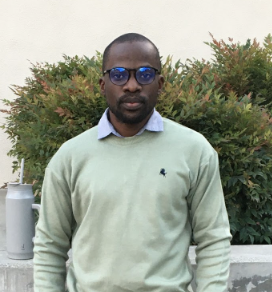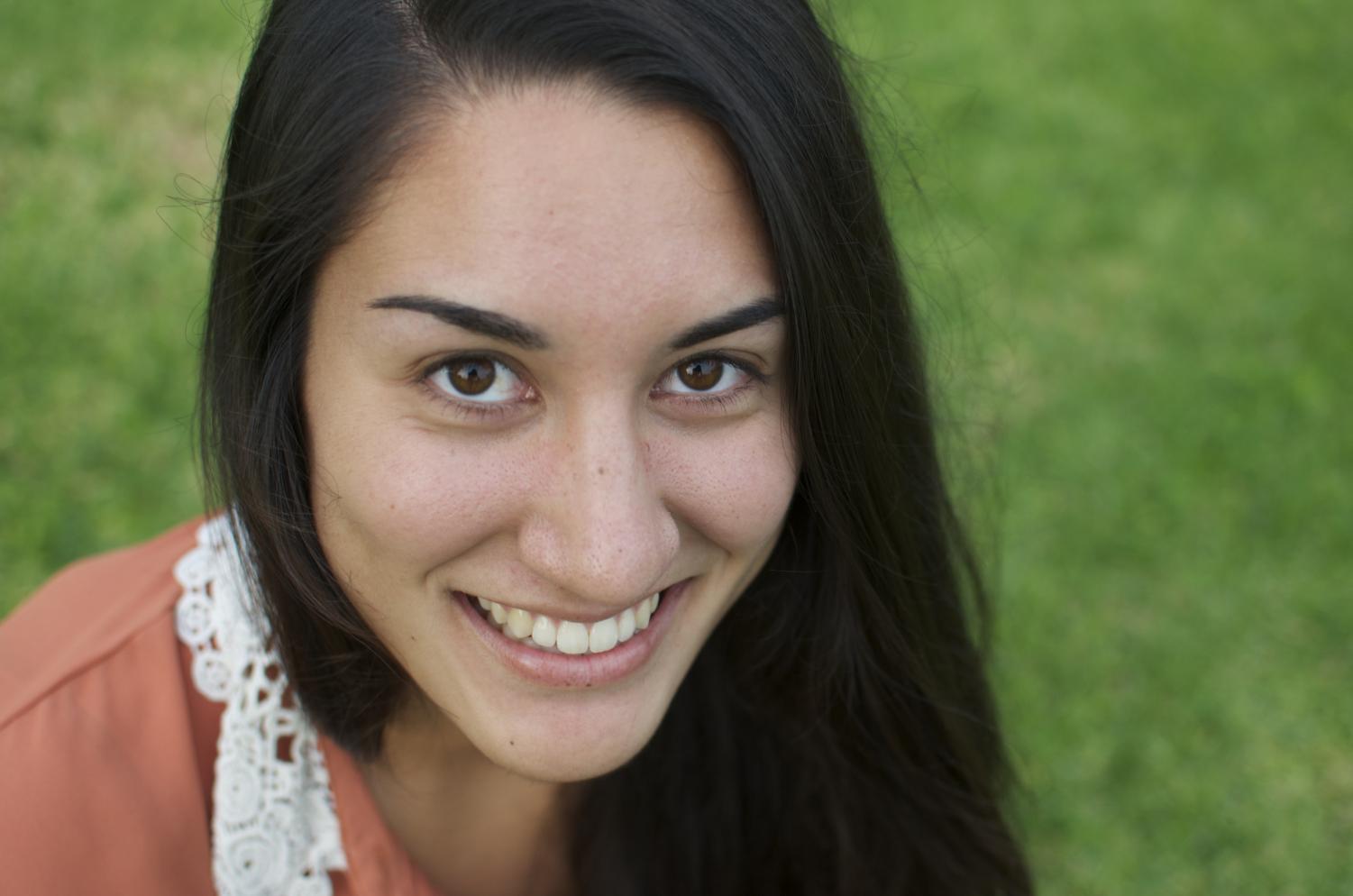
“Americans don’t have a culture apart from being self-centered.”
Perez Balikuddembe, a student in the Crowell School of Business studying for his Masters in Business Administration, is the first person in his family to attend graduate school. Balikuddembe is from the central region of Uganda, a nation comprised of 54 tribes. In 2017, he completed his undergraduate degree in community psychology at Makerere University, a highly ranked school in Uganda that he described as the “MIT of Africa.” Then, he received an offer from a British banking institution in Uganda and worked there over six years.
When COVID-19 hit in 2020, Balikuddembe became more involved in his home church, Phaneroo Ministries International, and volunteered to be a team leader with the youth chapter. The fellowship met every Thursday and Sunday and numbers began to grow exponentially. When COVID-19 restrictions were relaxed in 2021, the whole congregation came back and there were 5,000 people. Balikuddembe’s late pastor advised him to learn more about leadership and management — he was actively serving in the church, and his pastor encouraged him to further study business and leadership.
Balikuddembe joined a mentorship class provided by an American center in Kampala, Uganda where his lead mentor was the American ambassador to the United Nations. The ambassador recommended that Balikuddembe pursue graduate school in the U.S., and he applied to Azusa Pacific University, South Baptist University and Biola. Balikuddembe was pleased with Biola’s response, including email outreach and a Zoom call. After he evaluated his options, he concluded that Biola was the front runner. He got his visa in late Dec. 2022 and came to the U.S. early Jan. 2023 for a one-year graduate program.
When asked to describe his experience as an international student, Balikuddembe said, “There are fears, anxieties, worries, culture shocks, loneliness, misconception from the community around. It’s like being in a crowd where there are many people, but you feel alone. There are ripple effects that grind your heart and without a strong support system, you will break down.”
The language barrier is one struggle. He described the exhaustion of mentally translating what is being communicated in English into Lugandan, deciphering the meaning of what someone is saying, responding in English and again decoding the person’s reply. Balikuddembe said the process can lead to misinterpretations, and at the end of the day, the mental strain of communicating depletes his energy.
Misconceptions from Biolans present another difficulty. Balikuddembe said that during one of his early days at Biola, when he was trying to figure out which building he needed to get to for class, someone called campus safety on him thinking that he was transient even though he was dressed professionally. He described the experience as “horrible, horrifying” but noted that the campus safety officer was understanding and the situation was resolved quickly. Balikuddembe said campus safety was alerted “just due to the color of my skin.”
Balikuddembe said that for Ugandan culture to be better represented at the university, it would need to be more visible — for instance, he suggested flying Uganda’s flag with other nations’ flags outside the GSPD office. Perhaps the greatest way he challenged the university to think deeply about its culture relates to the ways Biolans largely fail to rely on God or thank him for his blessings. He condemned the self-centered culture of Biola, and the U.S. at large, encouraging a greater dependence on the Lord.
“Given the fact that Biola is a historically religious, faith-based university, there is a distinction between the way people trust and believe in God compared to Uganda,” Balikuddembe said. “Here, God is taken to be a bit inconsequential in the lives of students. In Uganda, we give the whole day to praising and supplicating God. In the U.S., everyone is so busy and reliance on God is limited.”
Balikuddembe pointed to a sense of entitlement as the cause of this lack of gratitude.
“The type of Christ that is portrayed here is different from the Christ imputed in the gospel back home,” Balikuddembe said. “Back home, we have to put faith in God as the sole provider. Here, Americans who have had abundance take things for granted. There is an aspect of entitlement — like I have to have this, not because it is a grace extended by the Creator. At home, anything we receive, we say, ‘God, we thank you so much.’”


